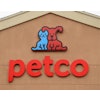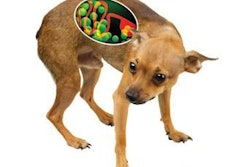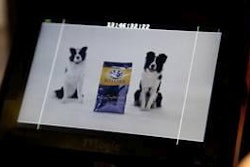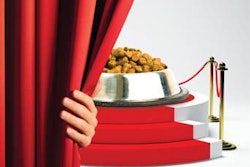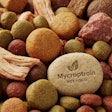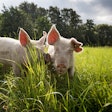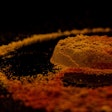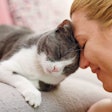The objective of this study is to evaluate the growth kinetics of a strain of Bifidobacterium pseudocatenulatum (BP) on 4 oligo- or polysaccharides and the effect of feeding a selected probiotic-prebiotic combination on intestinal microbiota in cats.
Ten healthy adult cats were selected for testing. Growth kinetics of a strain of cat-origin BP (BP-B82) on fructo-oligosaccharides, galacto-oligosaccharides (GOS), lactitol or pectins was determined, and the combination of GOS and BP-B82 was selected. Cats received supplemental once-daily feeding of 1% GOS-BP-B82 for 15 days; fecal samples were collected for analysis the day before (day 0) and 1 and 10 days after the feeding period (days 16 and 25, respectively).
Compared with the prefeeding value, mean fecal ammonia concentration was significantly lower on days 16 and 25; fecal acetic acid concentration was higher on day 16. On day 16, fecal concentrations of lactic, n-valeric, and isovaleric acids were significantly lower than on days 0 and 25. A significant increase in fecal bifidobacteria content was observed on days 16 and 25, compared with the prefeeding value. Results suggested that feeding 1% GOS-BP-B82 combination had some positive effects on the intestinal microbiota in cats.
Source : G. Biagi et al., 2013. Effect of feeding a selected combination of galacto-oligosaccharides and a strain of Bifidobacterium pseudocatenulatum on the intestinal microbiota of cats. AJVR online January 2013. doi: 10.2460/ajvr.74.1.90

